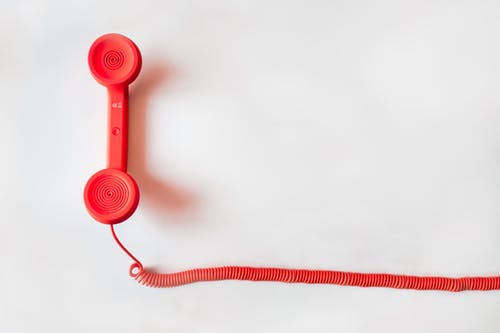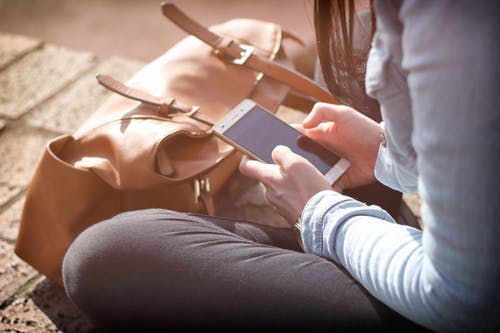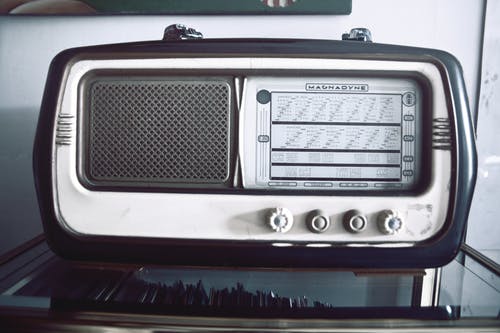When your area is struck by a disaster of any kind, losing communication is one of the first things you worry about. Hurricanes and tornadoes threaten to pull down wires, while both natural and man-made disasters lead to signal failure, power outages, and worse.
What’s even worse is that we’ve now come to be extremely reliant on our communication devices. Most people now have smartphones, to the extent that landlines are being quickly phased out. This means that even if the telephone lines are working, we might not be able to contact our loved ones due to lost signals or empty batteries.
While cellular services and even internet connections aren’t reliable during a disaster, there are still several ways of keeping communication intact. Below, we’ll discuss how one may prepare for at least passable communication in case of an emergency:
What to Do Beforehand
Your communication situation during a disaster depends a lot on what you’re prepared before. Just like you pack up survival kits, prepare a shelter, or train yourself in self-defense, communication is not to be left behind. We have guidelines from the FCC (Federal Communications Commission) as well as survival experts on how to communicate during any sort of disaster.
Check off the following items and make sure that they’re in working order in case of any emergency:
Corded Phones
Corded landline phones don’t need electricity to work as long as the telephone line system is in working order. When the power’s out, you can still dial up emergency services or any other number even if your smartphone’s battery runs out. Remember, a cordless phone still needs electricity to operate even though it uses a landline system.
Of course, this also means that you need to have the emergency numbers or those of any important people on hand. It’s always useful to memorize the most essential numbers by hand. You should also back up this information with a hard copy in an easily accessible place.
Car Chargers
If you want to remain prepared at all times, it’s always a good idea to have your laptop, phone, and other communication devices charged. A decent mobile data plan is also one of the preparations that can help you out in a pinch.
However, a power outage can last for several hours and leave every battery drained. If that happens, you should also have a car charger handy. Spare batteries, hand-powered chargers, and solar power options should also be on your list. This is especially important if you live in a hurricane-prone zone or any other area that’s at risk for natural disasters.
A Contact List
We’ve already discussed having a list of numbers on hand. You might want to include email addresses and even home addresses here, just in case. The numbers of your family members and other close individuals should be on the list. Also note down the numbers for utilities, medical institutions, insurance companies, vets, and emergency services.
The next step is to make several copies of this list and give one to each member of the family or household member. This way, you’ll minimize your hassle in emergencies.
Making a Proper Communication Plan
When you’re preparing for survival, you should have a communication plan that you and your loved ones know of. There’s a high risk of separation when there’s a disaster at hand. Some of you might be at work, while the kids are in school, at a friend’s house, or just out and about.
When such a case does arise, every family member should have some idea of what to do and where to go. The emergency numbers list should be on their person at all times, so even the young ones can ask someone to call their parents for them.
Another aspect of your plan should be the shelter points. Decide on a few accommodations that any family member or pet can shelter in if they’re not at home, or if the home is itself at risk. Deciding on a meeting point is also essential.
Setting a Time
If there’s no power, you might want to keep your phones turned off in order to conserve the batteries. Before you do this, set up a time with your group for powering up and getting in touch with each other. This will enable you to assure everyone if you’re safe, or get an update on the others’ conditions.
You can also reassure others of your status by changing your voicemail, updating online, or posting on the Red Cross Website with regards to your area. If your cell phone is working and you have to leave the house, see if you can forward your landline calls to your phone.
Alternative Communication Methods
There are several alternative communication methods that you can fall back upon in case the conventional means aren’t available. We’ll touch upon some of these below:
Radio: Not everyone knows how to work a radio these days, but getting the hang of it might be a good idea. If you’re caught without cellular or landline services, this might be the only way in which you can get in touch with the outside world.
Flares: These might not be the safest or most reliable of options, but they can make a huge difference if you’re lost. Sending up flares from your location from time to time will help a search party tremendously.
Flashlights or Mirrors: A mirror during the day or a flashlight during the night will come in handy for signaling to anyone far away. An ideal situation would be if you use these flashes in Morse code, which will help any search party decode whole messages from you and bring the necessary help.
Walkie-Talkies: These might be regarded as a children’s toy, but such devices are also available in very powerful and professional versions. You’ll only be able to communicate with the party who has another walkie-talkie, though, but it’s better than nothing.
Brushing Up On Communication Tactics
There are several books and guides on the subject of maintaining communication during a disaster. We’ll discuss some of the top options here:
Conclusion
While communication might not seem like an absolute essential during a disaster, it could very well mean the difference between a dangerous situation and safety. When you have some knowledge about emergency communications in your arsenal, you’ll be more equipped to call for help. Plus, it’s important to let your loved ones know where you are, as well as staying updated on their safety.
If you’re in the process of learning survival skills or passing them on, make sure to get some of the right tools on hand. This includes the book we’ve discussed, so pick and choose whichever seems to be the most suitable option.




